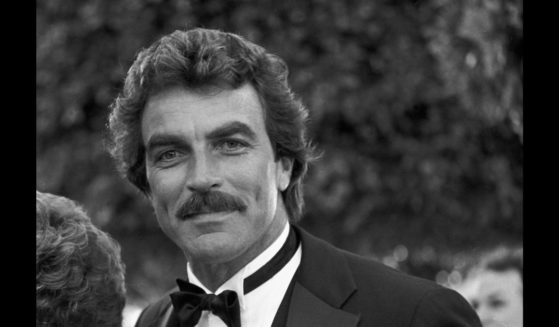Days After Censoring Pro-Life Terms, NPR Gives Abortionist a 1-Hour Special
Conservative and independent Americans have long called out the establishment media for its increasingly overt leftward bias, a charge the predominantly liberal media ludicrously seeks to deny.
But that liberal bias was just put on blatant display by none other than the taxpayer-funded National Public Radio, specifically with regard to the issue of abortion, and it could not be more clear where NPR stands in that regard.
It was only about two weeks ago that NPR, in response to the passage of pro-life legislation in several Republican-led states, publicly issued “guidance” to its own employees and other journalists who follow the outlet’s lead on the topic of abortion, particularly with regard to the terminology used to describe the fatal procedures as well as descriptive terms for activists and protesters on either side of the debate.
NPR’s “standards and practices editor” Mark Memmott wrote about how journalists should avoid using certain terms that were favored by the pro-life movement — including the very term “pro-life” itself.
The memo ruled out using terms like “partial-birth” or “late term” or even “abortion clinics” to describe abortion procedures and the facilities in which they take place, and instead suggested the use of dry, non-descript, and at times confusing medical terminology — terms that sometimes render unclear the fact that an abortion is even being referred to.
As for the activists and protesters engaged in the public debate over abortion, NPR’s editor suggested journalists not use the terms “pro-life” or “pro-choice,” but rather to refer to all as either “abortion rights advocates/supporters” or “abortion rights opponents.”
The unstated but obvious goal of the directives was to shy away from certain terms that may paint abortion advocates in a poor or negative manner, mainly by distancing them from the actual brutal reality of the murderous procedure they advocate on behalf of.
While all of that was bad enough to expose NPR’s leftward bias on abortion, the outlet just exponentially compounded that problem by inviting an abortionist on one of its programs for a whole hour for what was most certainly not a debate over the controversial topic, but was instead an open platform to amplify the pro-abortion message without any criticism or differing views.
LifeNews reported that NPR guest host Sasha-Ann Simons invited as guests on Tuesday two liberal journalists — NPR legal correspondent Nina Totenberg and NPR health correspondent Julie Rovner — and abortion doctor Colleen McNicholas to discuss the new “restrictive” pro-life laws passed in red states.
It was, as one could imagine, a rather one-sided conversation that abided by the above-mentioned allowable talking points and terminology set by the NPR editorial staff.
And, according to LifeNews, Simons made it very clear that the discussion would be carefully policed.
“We understand passions run very high, but we want today’s conversation to focus on the impact and likely consequences of these laws,” she said, according to LifeNews. “Our guests are here to answer your questions, not to debate the topic.”
The doctor used the driest of medical terminology to describe how abortion procedures are performed, and the term “baby” was studiously avoided, replaced instead by the term “fetus,” and worse, “pregnancy tissue.”
The journalists, particularly Totenberg, touted the liberal stance on abortion rights, and portrayed the pro-life measures as being anti-choice and anti-women, while also characterizing the Supreme Court as far more conservative than it actually is, reporting as if it were on the verge of wholly overturning the consequential 1973 Roe v. Wade decision any day now, with the aid of the new laws in the backward red states.
Totenberg — again, a supposedly unbiased and fair “journalist” — used the opportunity to issue a kind of call to action for pro-abortion liberals to rise up and match, if not exceed, the level of activism and engagement seen on the pro-life side of the debate.
As for McNicholas, she lamented that abortion was a political issue at all, and suggested it should be viewed as nothing more than an ordinary medical procedure.
“I just think it’s really time that we place abortion back into the lens that it deserves to be, which is health care,” McNicholas said, according to LifeNews.
“I think when abortion was moved from the health care lens to the political lens, this is how we get to this place where we’re talking about states that don’t have access at all.”
There really shouldn’t be much debate anymore about whether NPR holds a liberal bias, as the outlet itself has made it rather clear.
If NPR were to simply admit its bias, that would be fine, but given that it enjoys public funding via taxpayers and portrays itself as a neutral arbiter of the news, it should at the very least present both sides of an issue like abortion in a fair and equal manner, rather than diminish and dismiss one side while propping up and supporting the other.
Truth and Accuracy
We are committed to truth and accuracy in all of our journalism. Read our editorial standards.












